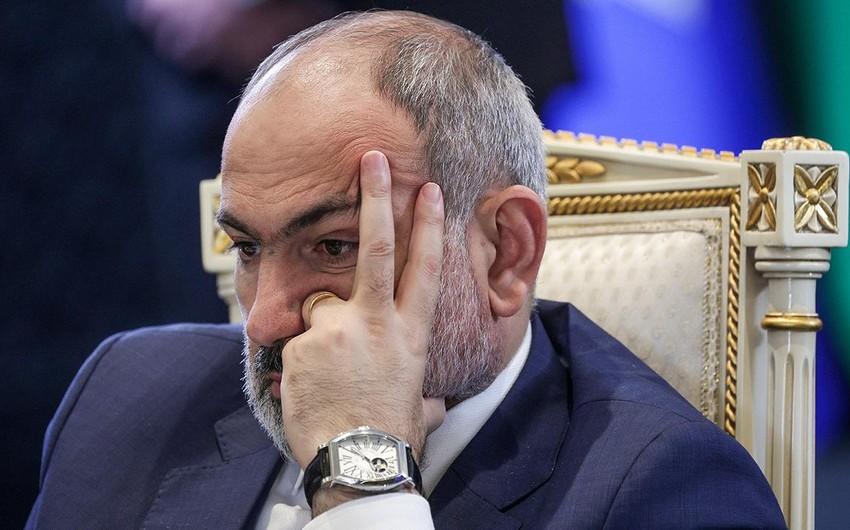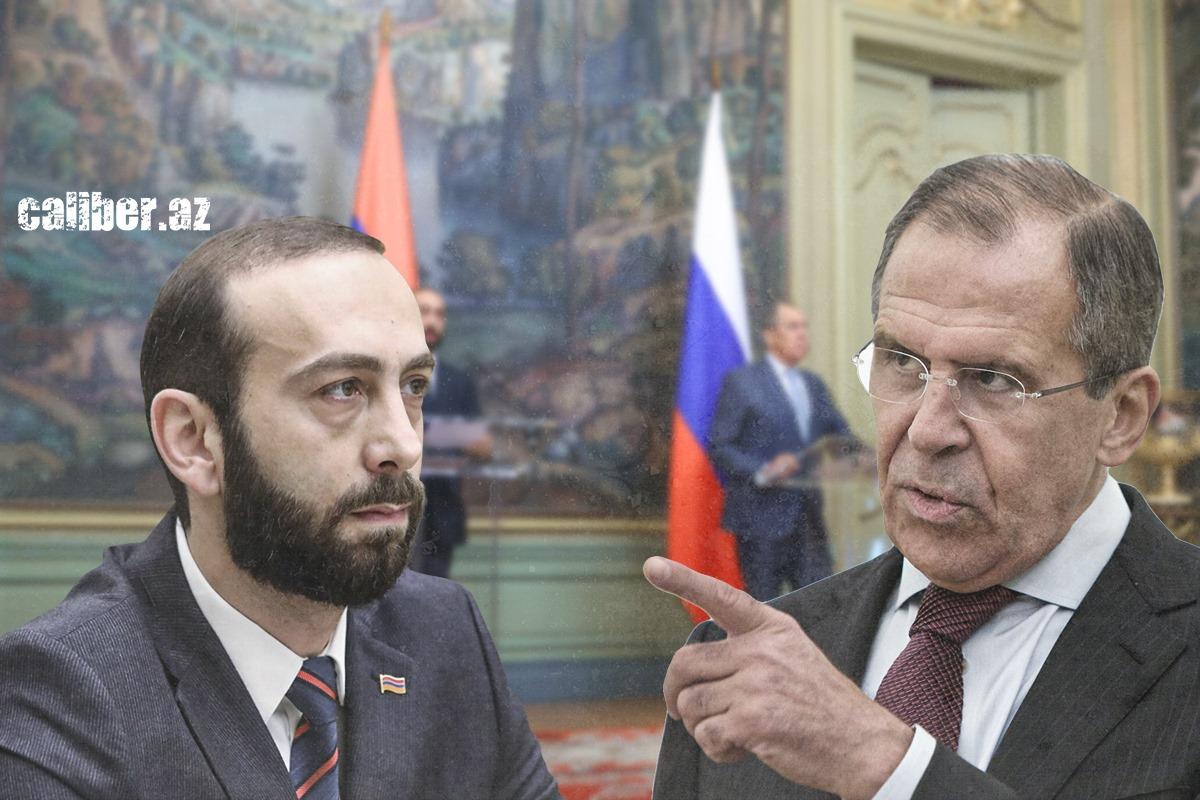Armenia's recipe for stalemate: Truncated treaty without constitutional change Baku committed to no compromise
Despite fervent proclamations from international platforms regarding its purported readiness to pursue peace with Azerbaijan, the Armenian government is, in reality, exhibiting an entirely contrary stance. At this juncture, it is evident that the Armenian leadership aspires to finalize a truncated peace treaty without amending its constitution, which harbours territorial claims against Azerbaijan — an assertion categorically rejected by Baku.
With this objective in mind, Armenian Prime Minister Nikol Pashinyan and his administration persist in their efforts to engage the international community in their façade of peaceful intentions, particularly in light of the upcoming COP29 in Baku. Last week, during his address at the Outreach/BRICS+ format session of the XVI BRICS Summit in Kazan, Pashinyan reiterated that Yerevan and Baku have reached an 80% consensus on the draft agreement titled “On Establishing Peace and Interstate Relations between the Republic of Armenia and the Republic of Azerbaijan” over the past several months. Furthermore, Pashinyan emphasized that Yerevan is prepared to sign a peace agreement with Baku as early as this month.
“We propose Azerbaijan to sign what has already been agreed upon and thus have peace not only de facto but also de jure, and continue working on all other issues,” Pashinyan stated, adding that “in the conditions of a peaceful situation in the region, the solution of the other issues will be much easier.”

Given Yerevan's erratic policy, it is evident that the "enticing" proposal from the Armenian side fails to inspire significant confidence in Baku. Armenia seems to recognize that Baku is unlikely to accept the proposed peace treaty framework; therefore, it continues to assert this position, likely aiming to push the negotiation process into a stalemate. This approach is not surprising, considering the Armenian side has historically made every effort to undermine negotiations with Azerbaijan during nearly three decades of occupation of Azerbaijani territories. It appears that Yerevan's tactics in this regard have seen little evolution.
A clear instance of this can be observed in the Armenian government's outright rejection of the "3+3" regional format as a platform for negotiations with Baku. Recently, Russian Foreign Minister Sergei Lavrov suggested utilizing the “3+3” format to finalize a peace treaty following a meeting of this platform.
“Both we, the Turks, and the Iranians proposed to our colleagues in Yerevan and Baku to use the platform '3+3' to finalize the work on the peace treaty,” Lavrov stated.
In expected fashion, Armenia responded with a firm refusal. “Yerevan does not consider the '3+3' as a platform for negotiations with Baku but will continue to participate in this regional format. Such a proposal is not on the table. And even if it were, we do not find it appropriate to respond positively, as we have a bilateral format of negotiations with Azerbaijan— both regarding the peace treaty and delimitation,” Armenian Foreign Minister Ararat Mirzoyan declared during a session of the National Assembly, referencing discussions with his Azerbaijani counterpart.

“...We have had another round of negotiations. We focused on the text of the peace treaty, trying to ensure positive developments and bring the signing closer as soon as possible,” Mirzoyan said, entirely dismissing Lavrov's suggestion.
On this basis, it becomes evident that the Armenian side prefers to engage in discussions about peace rather than take concrete steps to facilitate its realization. Considering the influence of Yerevan's new patrons, it is likely that they will continue to reject any initiatives from Moscow or other regional actors within this framework, insisting instead on certain Western guarantees, thereby undermining the peace agenda.
We would like to reiterate that, first and foremost, Azerbaijan does not seek any guarantees; we advocate for negotiations conducted in a bilateral format. Secondly, Baku is not concerned with deadlines; we do not require a truncated peace agreement. The primary condition for a peace accord is the amendment of the Armenian constitution to eliminate any references to territorial claims against Azerbaijan. Until this condition is met, no peace agreement will be signed.
Baku will not present Yerevan with any alternative options. Consequently, Armenia will eventually have to accept the stipulations set forth by Azerbaijan, and the sooner this acceptance occurs, the more advantageous it will be for Armenia. However, judging by Yerevan's ongoing desperate oscillation between Western and Eastern influences, it seems unlikely that such rationality will emerge in the near future.








